ARTICLE AD BOX
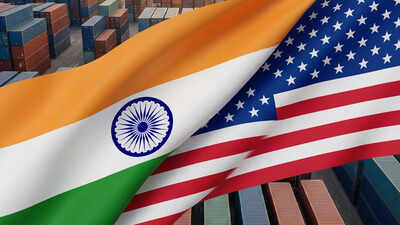
India-US trade deal: India would prioritise national interests over meeting deadlines in trade negotiations. (AI image)
India-US trade deal: India is exercising caution in its trade negotiations with the US. This careful approach stems from complications in America's recent agreement with Japan, alongside ongoing difficulties in finalising deals announced by President Donald Trump with Indonesia and Vietnam.On Saturday, Commerce and Industry Minister Piyush Goyal indicated that bilateral trade agreement discussions with the US and Oman have progressed significantly. He announced that US negotiators would visit India in the latter half of August to advance these discussions.Goyal also emphasised that India would prioritise national interests over meeting deadlines in trade negotiations, indicating the government's commitment to securing beneficial terms.Trump’s self-imposed tariff deadline is August 1, after which countries that don’t reach trade deals with the US will likely be hit with high tariff rates. Trump has over the last few weeks sent tariff letters to many countries, though notably India is absent from this list. Trump has also indicated that the US is nearing a trade deal with India.Also Read | Donald Trump tariffs: Will the August 1 deadline by extended by US President? What Commerce Secretary Lutnick said
US-Japan Trade Deal Lesson for India
According to an ET report, the Japanese-American trade agreement appears to have been hit by disagreements over its terms, with Japanese and US interpretations showing significant differences.
This has caused extra caution from India’s end in terms of trade negotiations, the report said.While US officials assert that Japan has pledged investments in America with local taxpayers receiving ninety per cent of profits, Japanese representatives maintain that no formal written agreement exists.A statement from a Japanese official last week clarified their position on the $550-billion investment package, indicating an expectation that profit distribution between both nations would be proportional to their respective contributions.
This stance directly conflicts with Trump's assertion that Japan would independently shoulder the investment costs whilst the US receives 90% of the returns.Also Read | ‘Confident India will get special treatment…’: Piyush Goyal says trade deal talks with US making ‘fantastic’ progress; ‘important to…’Trump made a unilateral announcement about a trade agreement with Indonesia after speaking with President Prabowo Subianto, though the agreement had been unsigned.On July 22, Indonesia's lead negotiator and coordinating minister for economic affairs, Airlangga Hartarto, alongside US Trade Representative Jamieson Greer, released a joint communiqué detailing the agreement's structure and specifying import duty rates.
The declaration had details regarding non-tariff protocols and business arrangements, with both parties committing to ongoing discussions for finalising the agreement."Yet, the risk of a policy setback remains high if the political agreement is not turned into a legal instrument," according to a commentary by Iis Gindarsah, a visiting senior fellow specialising in Indonesia at the S Rajaratnam School of International Studies (RSIS) in Singapore.In the interim, Vietnam has not formally validated the duty rates declared by Trump as a component of a two-sided agreement, sources indicate. Hanoi is concerned that its US-bound shipments could decrease by 33% if Trump's announced higher tariffs are implemented.According to official statistics, Vietnam's aggregate exports to the US reached $120 billion in the previous year. "Tariffs of 20% to 40% would slash export revenue by up to $37 billion, and hit the majority of Vietnam's key industries, including electronics, machinery, garments, footwear and furniture," a recent Bloomberg report said.Also Read | Donald Trump’s aggressive trade moves: US President indicates he won’t go below 15% tariff rate; ‘we’ll have a straight…’



.png)
.png)
.png)
















 6 hours ago
3
6 hours ago
3




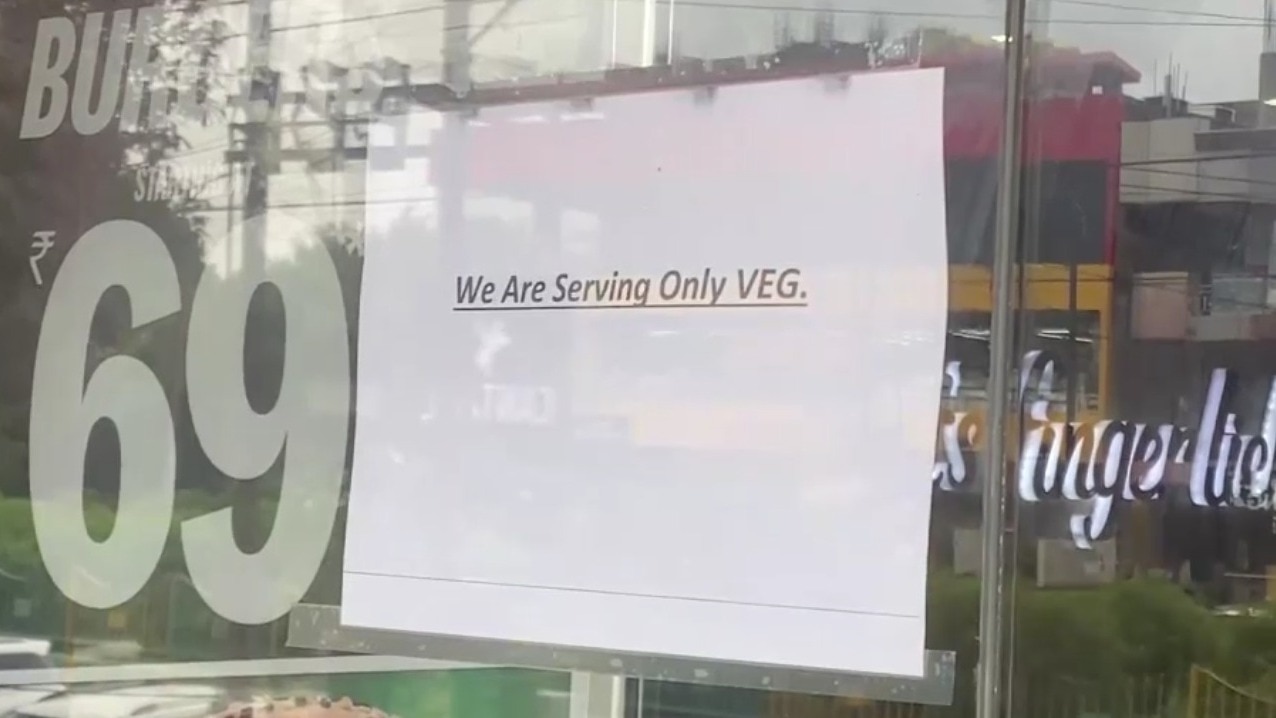
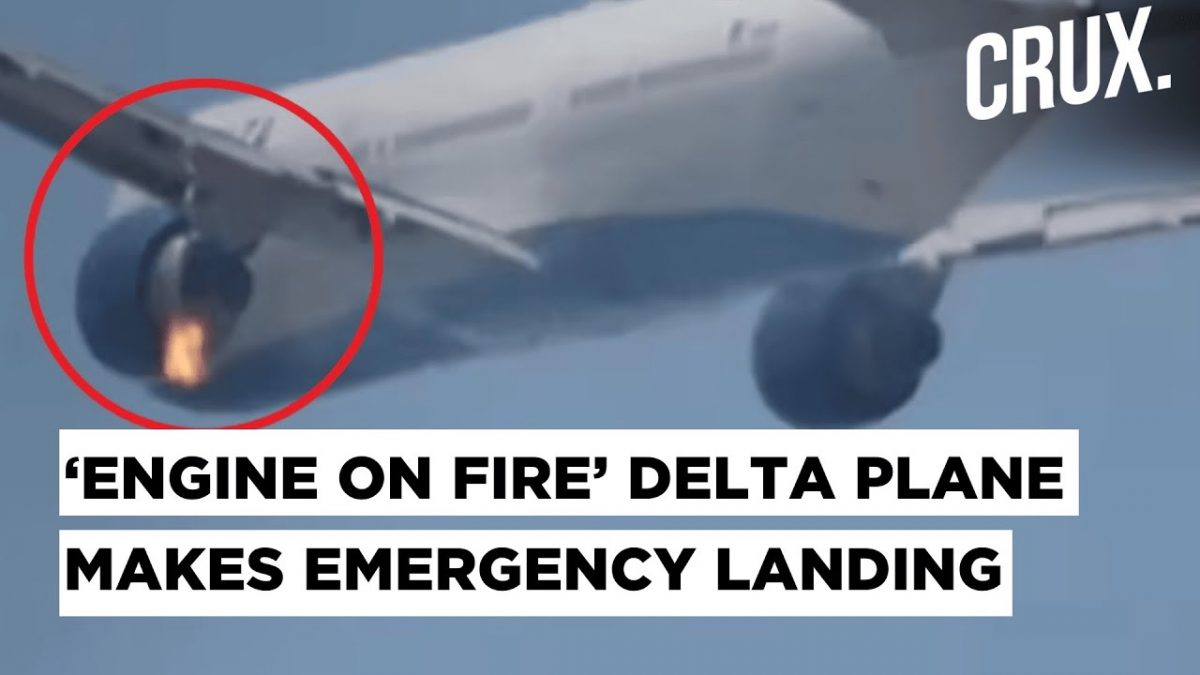
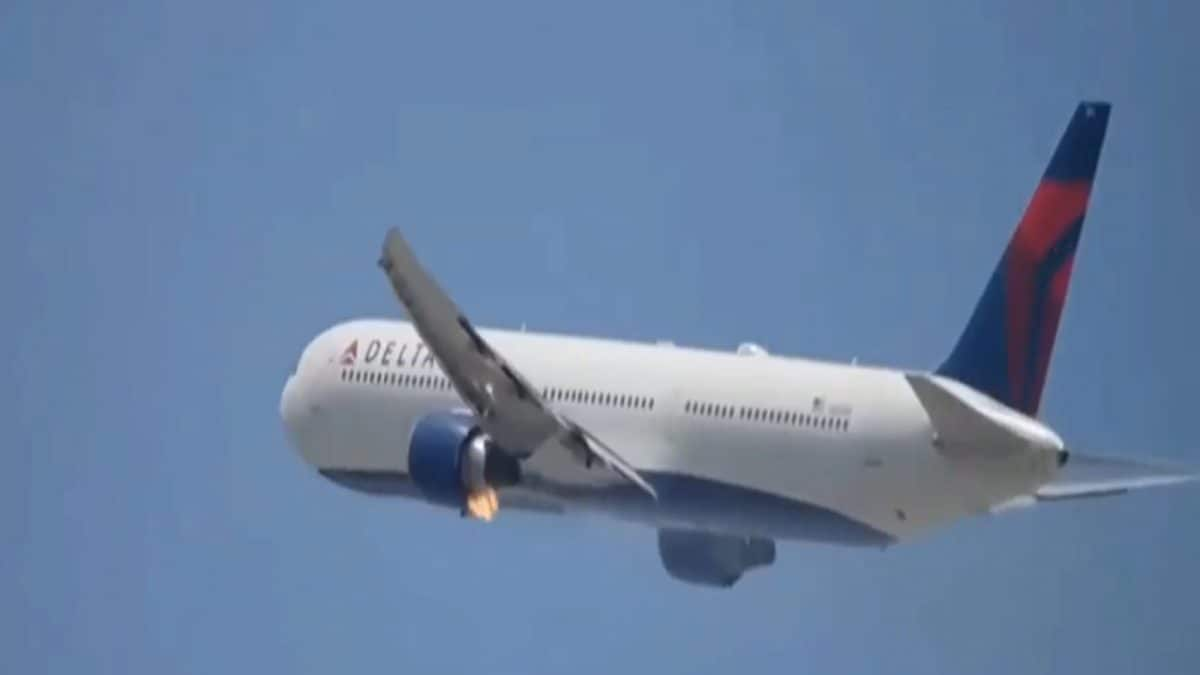
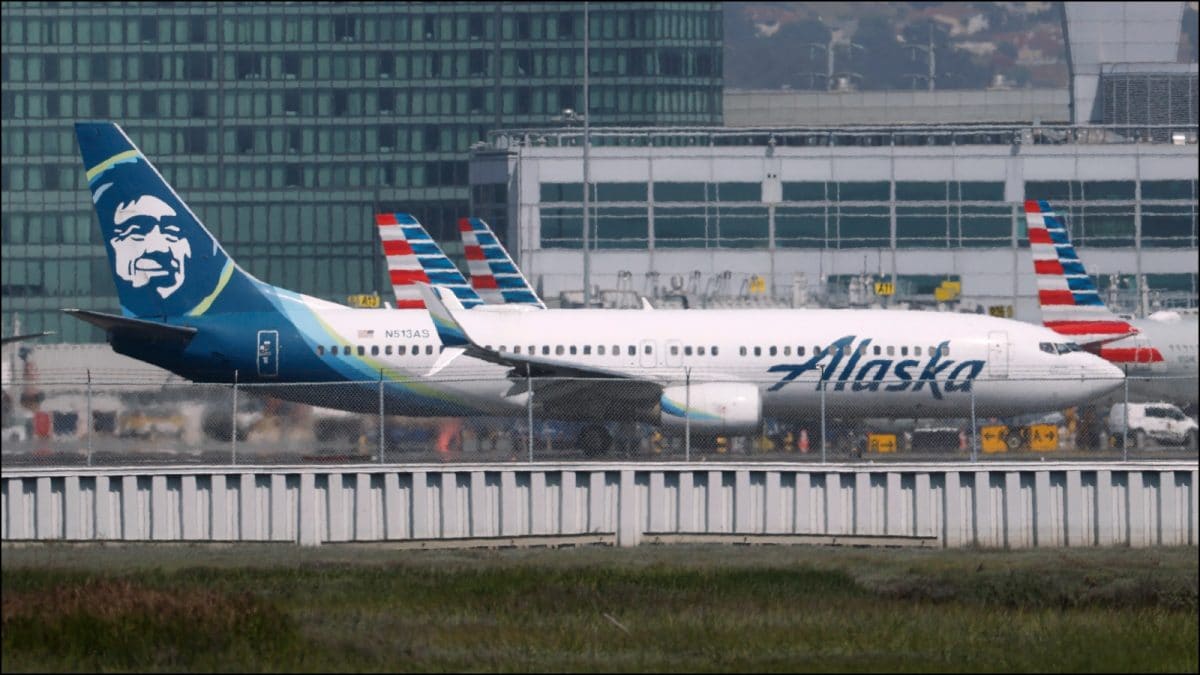
 English (US) ·
English (US) ·